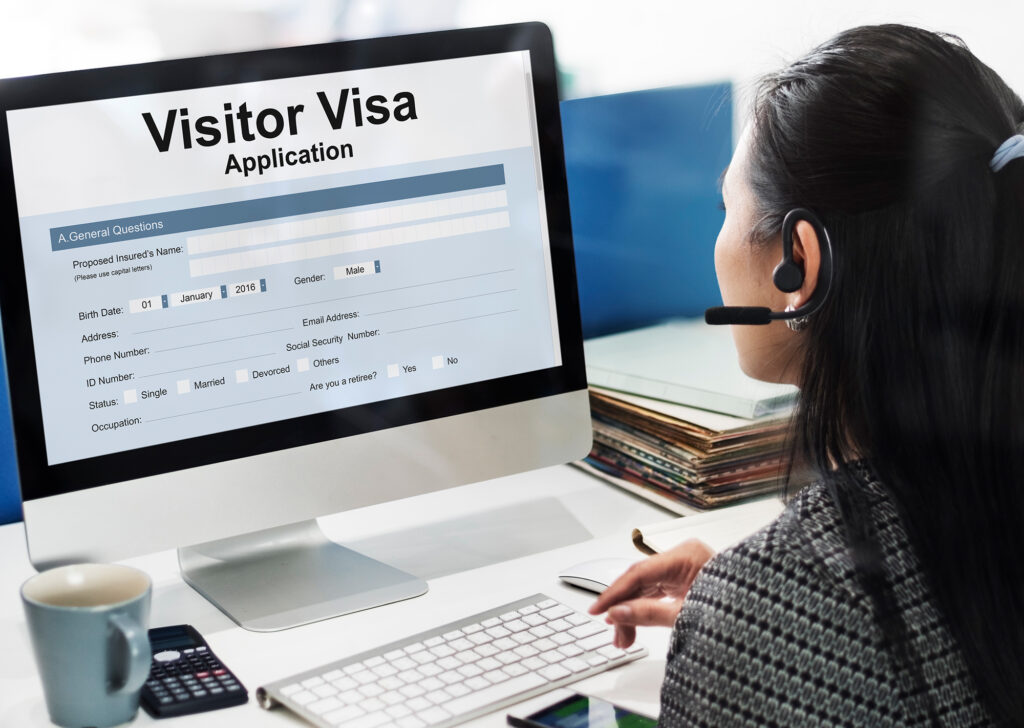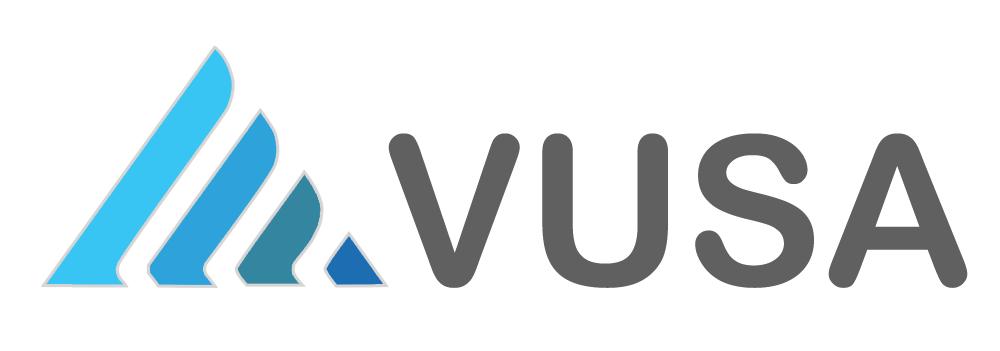Navigating the Landscape of Visa Services in the United States
Traveling to the United States, whether for business, tourism, education, or other purposes, often requires obtaining a visa. A visa is a legal document that permits foreign nationals to enter the U.S. for a specific duration and purpose. The process of obtaining a U.S. visa can be complex and sometimes overwhelming due to the various visa categories, application requirements, and regulatory changes. In this article, we will explore the essential aspects of visa services in the U.S., including the types of visas available, the application process, and tips for a successful application.

Types of Visas:
The U.S. offers a range of visa categories, each tailored to specific purposes of travel. Some common visa categories include:
- Tourist (B-2) Visa: This visa is for individuals visiting the U.S. for leisure, tourism, or medical treatment.
- Business (B-1) Visa: The B-1 visa is intended for those entering the U.S. for business-related activities, such as attending meetings, conferences, or negotiating contracts.
- Student (F-1) Visa: Students pursuing academic programs at accredited U.S. institutions require an F-1 visa. This category covers academic and language courses.
- Work (H-1B) Visa: Professionals with specialized skills and job offers from U.S. employers can apply for an H-1B visa, which is valid for employment in a specific role.
- Exchange Visitor (J-1) Visa: Individuals participating in approved exchange programs, including research, training, and cultural programs, typically require a J-1 visa.
- Temporary Worker (H-2B) Visa: Non-agricultural seasonal workers can apply for this visa to fill temporary job positions in the U.S.
- Investor (EB-5) Visa: For individuals seeking to invest a substantial amount in a new commercial enterprise that creates jobs, the EB-5 visa provides a pathway to permanent residency.
Application Process:
The process of obtaining a U.S. visa involves several steps:
- Select the Appropriate Visa Category: Determine the visa category that aligns with the purpose of your travel. Each category has specific eligibility criteria and documentation requirements.
- Complete the Application Form: The DS-160 form is a crucial part of the application process. It requires detailed personal information, travel plans, and background details.
- Pay the Visa Fee: Visa fees vary based on the category. Payments are typically made online through the U.S. Department of State’s Consular Electronic Application Center (CEAC).
- Schedule Visa Interview: Most visa applicants are required to attend an in-person interview at a U.S. embassy or consulate. The interview is an opportunity for the consular officer to assess the applicant’s intentions and eligibility.
- Gather Required Documents: Documentation varies by visa category but often includes a valid passport, application confirmation page, visa fee receipt, photo, and supporting documents such as financial statements, invitation letters, and educational certificates.
- Attend Visa Interview: On the scheduled date, attend the visa interview with all required documents. Be prepared to answer questions about your travel plans, ties to your home country, and other relevant details.
- Visa Decision: Following the interview, the consular officer will determine whether to approve or deny the visa. If approved, the visa will be affixed to your passport.
Tips for a Successful Application:
- Start Early: Visa processing times can vary, so initiate the application process well in advance of your intended travel date.
- Be Honest and Prepared: Provide accurate information and be ready to discuss your travel plans, ties to your home country, and reasons for visiting the U.S.
- Show Strong Ties to Your Home Country: Consular officers often look for evidence that you have compelling reasons to return to your home country after your U.S. visit.
- Complete the DS-160 Carefully: The DS-160 form is critical, so fill it out accurately and thoroughly. Double-check all information before submitting.
- Dress Appropriately: Dressing professionally for the visa interview can leave a positive impression.
- Know Your Purpose: Clearly articulate the purpose of your visit and how it aligns with the specific visa category.
- Seek Professional Advice: If you find the visa process confusing or challenging, consider seeking guidance from immigration attorneys or reputable visa consultants.
Navigating the landscape of visa services in the United States requires attention to detail, preparation, and understanding of the specific requirements for your intended travel purpose. By following the guidelines, being organized, and presenting a strong case, you can increase your chances of a successful U.S. visa application and embark on your journey to the land of opportunity.
